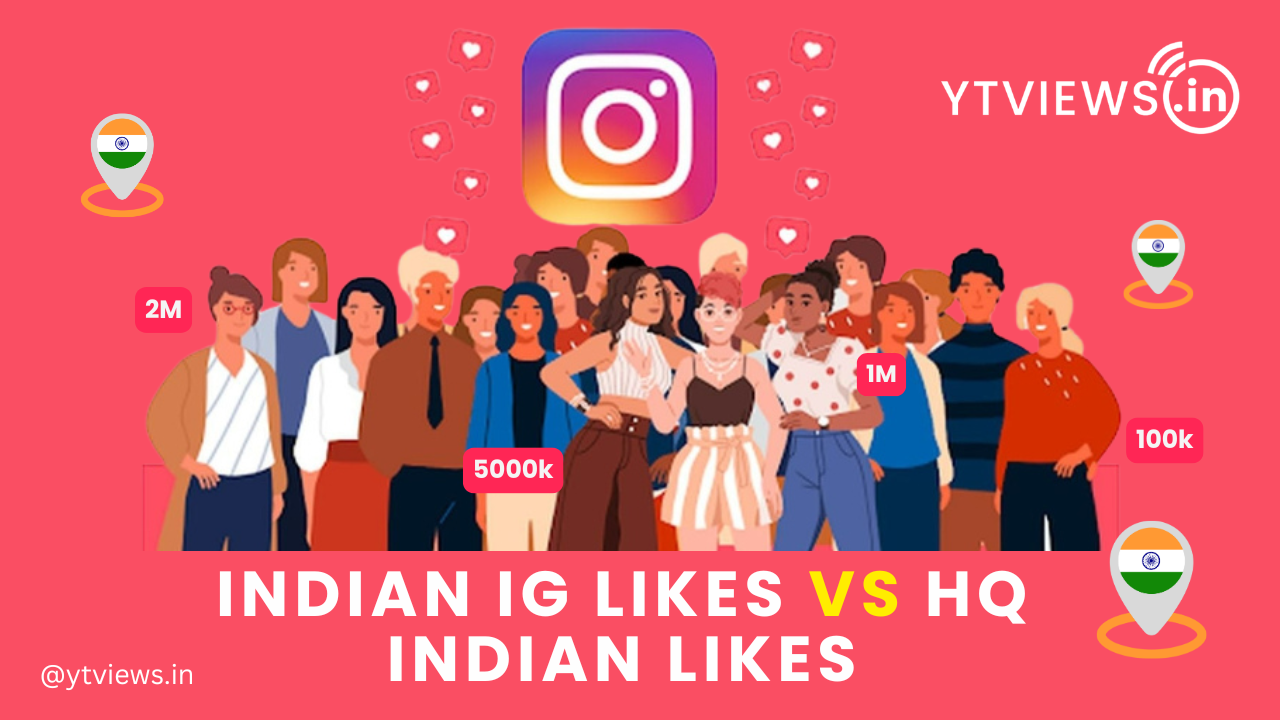Another AI evolution: Meta will use public posts to train its AI
Facebook’s parent company Meta has revealed that it will be feeding data from public posts on its social media platforms to its artificial intelligence systems. There is no doubt that as AI progresses the data it operates on is one of the defining aspects of the quality and effectiveness of the technology. By feeding the AI with a lot of data continually the intent as observed by Meta is to make the AI real-time, relevant, and efficient to what people are actually using and interacting with. While such an approach possesses certain positive inclinations in the development of tools and technologies, it has numerous implications regarding the privacy and use of data in the context of constant changes in the digital world.
How Meta’s AI Training Strategy Will Revolutionize User Experience

The recent decision of Meta to use public posts in training its artificial intelligence algorithms could have a significantly positive impact on people’s experiences in its platforms. Through natural language learning through real-life interactions, the AI systems shall advance recognition and lessons in human means and platforms such as Facebook and Instagram become smarter. This could result in better features that include customised suggestions, sophisticated means of selecting and ranking content, or precise translation or natural language processing agents.
Thirdly, with the help of such an approach, Meta’s AI can adjust in response to the tremendous number of posts that people from all over the world create. This way the AI could gather better information about the culture, language and social interactions, hence could give a more comprehensive and personalized experience to the users. Through the application of public posts that simulate actual users’ actions, Meta has a way of keeping its AI systems up to date with the ever-evolving social platform which in return improves engagement and users’ satisfaction.
Ethical Considerations
All-in-all, using public posts as training data is questionable, especially from an ethical point of view, privacy-wise. Although the company has emphasized its strict approach to data acquisition and use of only the data publicly available, many users might not still distinguish between the ‘public’ and the ‘private’ and how their posts will be used by the company, for instance. Some issues that users have raised include how this data will be managed as well as whether Meta will provide enough protection to guard against leakage or wrong use.
In addition, the problem of data ownership is not fully resolved yet. This paper focuses on the most significant question: who owns material posted on social networks: the writer or social networking service? By feeding its AI with the contents of the public posts, Meta is definitely treading on thin ice, maybe using the users’ content in ways they did not agree to. This could culminate to an increasing controversy on the notification policies on data usage and the importance of better communication of technological firms with their clients.
Therefore, arguably, Meta’s decision to let the AI systems learn from public posts is another significant step in the progress of AI. Of course, when it comes to the positive aspects of delivering a highly personalized and efficient user experience it is hard to argue; however, the methods by which they achieved such goals bring up several questions regarding the abuse of data, privacy and the ownership of such data. With the increasing degree of AI application in people’s daily lives, the conflict between scientific and technological development and users’ rights will gradually become a mainstream discourse.
Related Posts

How YouTube Thumbnails Affect CTR (With Real Examples)

YouTube Adds Voice Replies & Shorts Remix Updates

Buy Real X Followers in India for Safe Profile Growth

Ytviews.in Threads Followers Growth Strategy Guide

How to earn money from Instagram reels in 2026


































